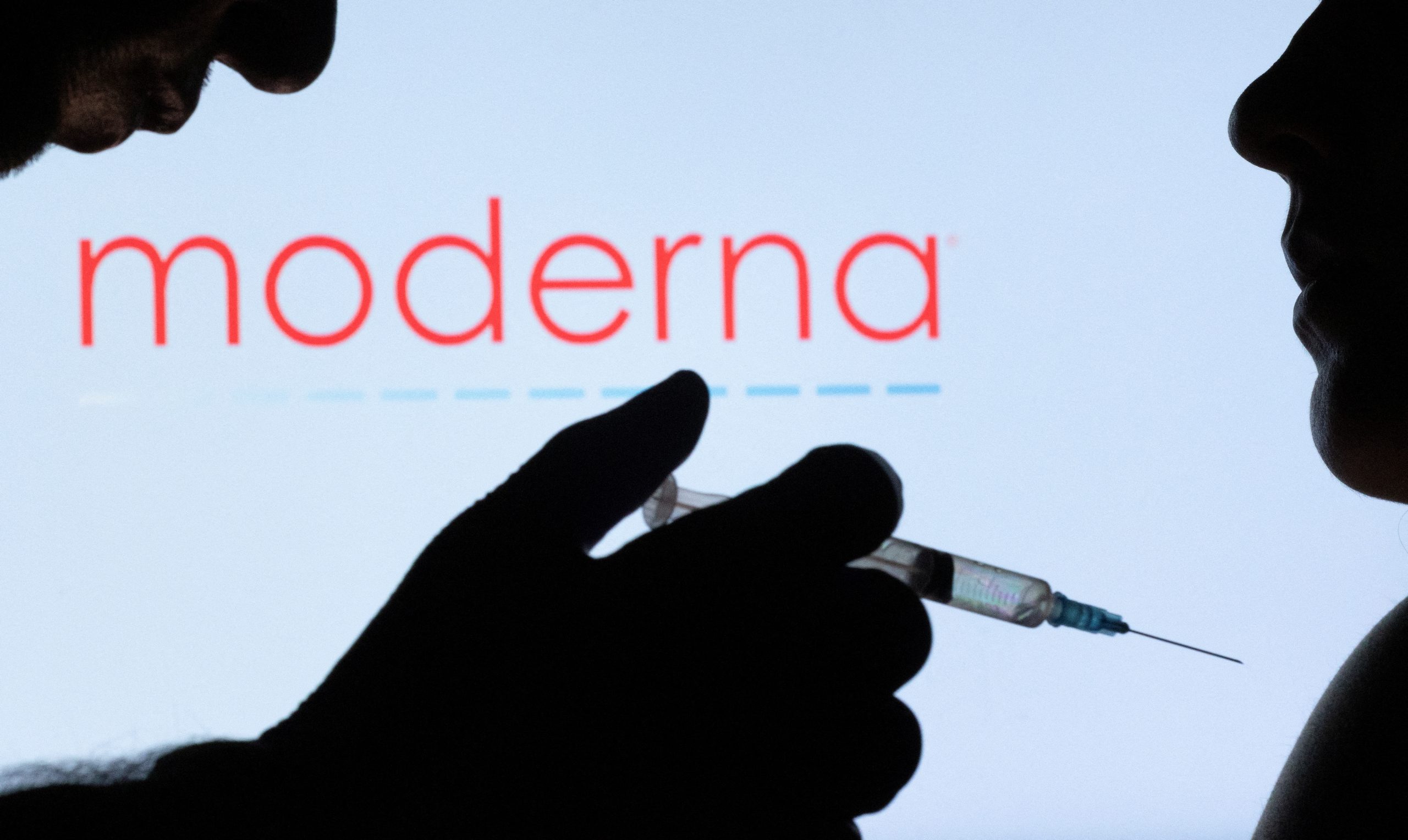
Ian Patrick, FISM News
[elfsight_social_share_buttons id=”1″]
The Food and Drug Administration (FDA) gave the green light for an updated version of the mRNA COVID-19 booster, but it was approved without any human trials for the updated drug.
The FDA allowed the updated mRNA boosters from Pfizer/BioNTech and Moderna which specifically target the BA.4 and BA.5 Omicron subvariants. The approval is in preparation for another vaccination campaign before winter, which was the same season that Omicron cases spiked from last year into 2022.
The narrative surrounding the COVID shots has changed drastically since they were first introduced, with Dr. Anthony Fauci even admitting earlier this summer that the vaccines don’t protect “overly well” against infection or spread of the virus.
The new boosters are expected to become available after Labor Day.
The FDA is allowing the Moderna booster to be taken by people ages 18 and up, while the Pfizer/BioNTech booster can be used by anyone ages 12 and up. However, applicants must have waited at least two months since receiving their last dose.
Despite the push from the FDA to try and revaccinate the public, some officials are worried about the decision to rush the vaccine out without human trial data and the lack of long-term studies on the effects of the shots. The FDA claims that they have applicable data for their decision.
Dr. Joseph Fraiman and his colleagues recently published a study of some of the “serious adverse events” connected to mRNA shots. He said the FDA needs to review more clinical trials before approving the vaccines.
This morning our peer-reviewed paper published finds mRNA vaccines associated with increased serious adverse events
This afternoon FDA approves Omicron booster on mice study
Seems FDA didn't get the memo in time, we need more mRNA vaccine RCTs not lesshttps://t.co/PlUZZZePKB— Joseph Fraiman (@JosephFraiman) September 1, 2022
FDA Commissioner Dr. Robert Califf took to Twitter to explain the situation, saying the administration “is working tirelessly to evaluate the submissions to ensure the data meet FDA’s rigorous standards for safety, effectiveness and manufacturing quality so that these new boosters are available as soon as possible.”
“FDA will rely on the totality of the available evidence in making a decision,” Califf added. This evidence includes, “Clinical trial data from other bivalent mRNA COVID-19 boosters; RWE (real-world examples) from current COVID-19 vaccines administered to millions of people;” and “non-clinical data for the bivalent BA.4/5 vaccines.”
“Bivalent and multivalent vaccines are very common and modifying a vaccine to include different virus strains often does not require a change in other ingredients,” Califf claimed. He also repeated a phrase used often by government individuals pushing vaccination: “the vaccines are safe.” He added that “strain changes can be made without affecting safety.”
However, recent studies have found numerous potential side effects of the COVID shots, many of which can be serious or even life-threatening.
The data that the FDA is using in their consideration consists of testing on mice. However, concern has mounted over the rushed application of this vaccine without human trial data.
Back in June, virologist John P. Moore and pediatrician Paul A. Offit wrote an op-ed saying that any vaccine approval, even rushed ones, should only be done “based on as much expertise and analysis as is reasonably practical.” Offit even told the Wall Street Journal that he was “uncomfortable” giving vaccines to humans that were approved solely “on mouse data.”
The revaccination campaign is targeted for sometime this fall, and will reportedly focus on a larger group of people, especially considering this will likely be the last taxpayer-funded COVID-19 vaccine before it hits commercial markets.
